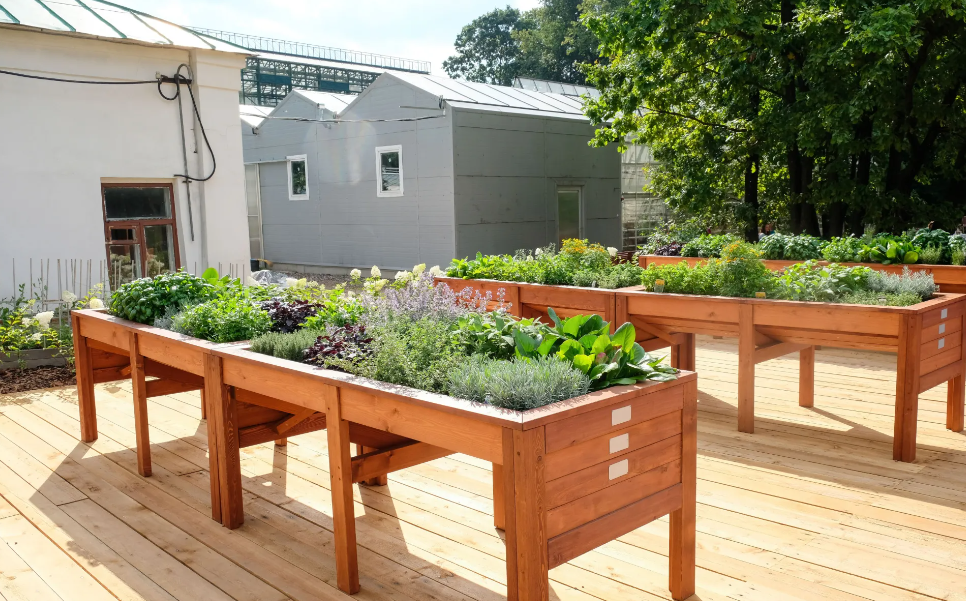Gardening is a therapeutic activity for many, and it’s growing in popularity as more and more people are looking to control their food sources. Garden boxes are an excellent way to grow fruits, vegetables, and herbs in a small space, making gardening accessible to anyone who doesn’t have access to a big backyard. This guide will compile a list of creative ways to help you optimize your raised garden box for maximum yields.
1. Use Companion Planting Techniques
Companion planting is the practice of growing different plants together to benefit each other. For example, basil and tomatoes, when grown together, boost the flavor of each other’s fruits and keep pests and insects away. Similarly, when marigolds are planted near vegetables, it can deter pests and improve soil health.
2. Play with Soil Profiles
Soil profiles play a crucial role in the growth of plants. Raised garden boxes allow you to control your soil profiles easily. Consider layering soil with different organic matter, such as compost, straw, hay, manure, or wood chips, to create a fertile and well-draining environment. Also, make sure to balance soil pH levels with lime or Sulphur.
3. Install a Drip Irrigation System
Watering your raised garden box regularly is critical to healthy plant growth. Installing a drip irrigation system is a practical way to ensure your plants get enough water without waste. Drip irrigation is more efficient than sprinklers because it targets the roots of the plants, reducing evaporation and runoff. Additionally, it saves your time and reduces stress on your plants during dry spells or droughts.

4. Experiment with Vertical Gardening
Vertical gardening is a smart way to save space, increase your planting options, and add aesthetic appeal to your garden. Many plants do well in a vertical garden, such as strawberries, peas, tomatoes, cucumbers, beans, and herbs. All you need is a few trellises, stakes, or wall-mounted planters to grow your favorite vegetables vertically.
5. Use Natural Pesticides & Organic Fertilizers
Consider using natural or organic methods to control pests and diseases. For instance, neem oil, garlic, onion, soap, vinegar, pepper, and coffee grounds are excellent natural pesticides that repel insects and improve soil health. Similarly, bone meal, blood meal, fish emulsion, kelp, and compost tea are organic fertilizers that enrich the soil with essential nutrients and microbes, ensuring healthy soil life.
Conclusion:
Optimizing your raised garden box for maximum yields takes research, effort, and patience. However, the results are worth it. Companion planting, soil profiles, drip irrigation, vertical gardening, natural pesticides and organic fertilizers, and beneficial insects & pollinators are creative ways to get the most out of your garden box. These techniques also promote sustainable and ethical gardening practices.

